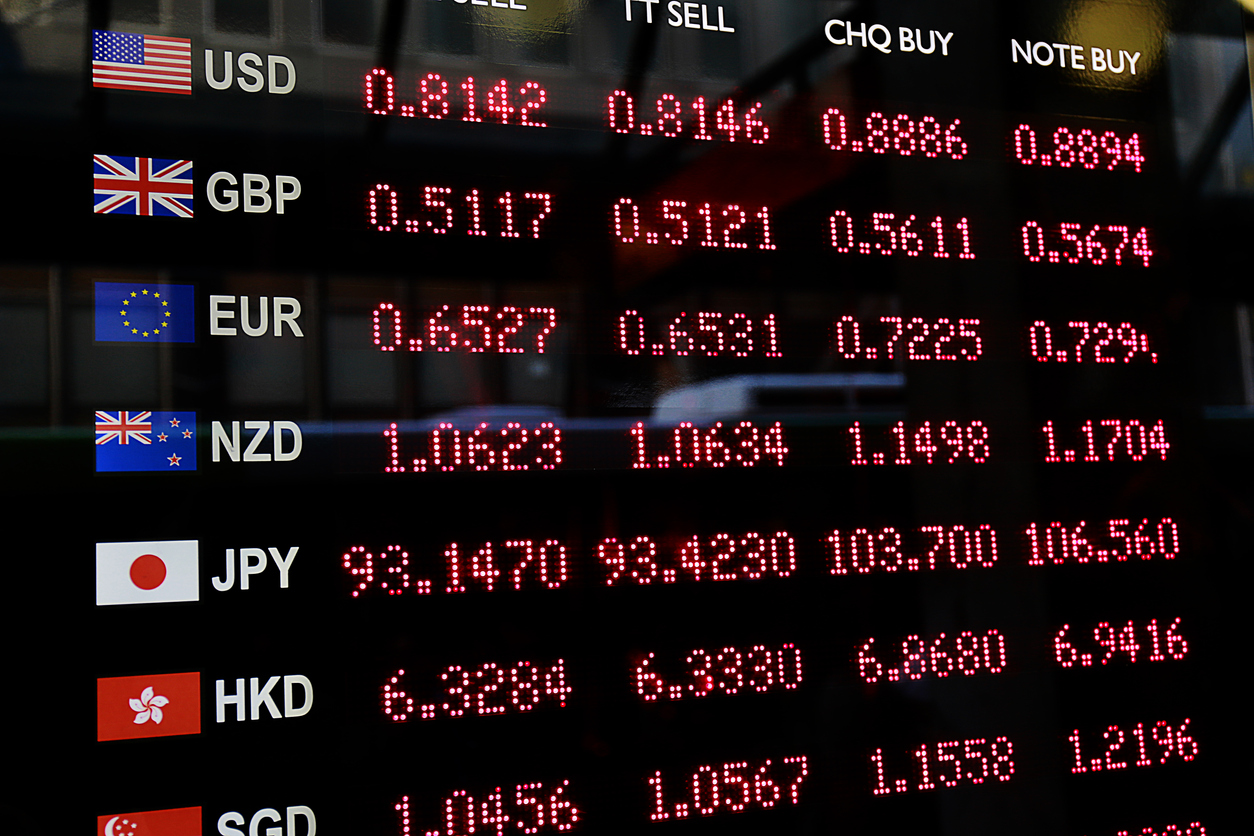The foreign exchange market, commonly known as Forex or FX, is the world’s largest financial market, where currencies from different countries are traded against one another. The value of one currency relative to another is known as the exchange rate, which plays a crucial role in global trade, international investment, and economic stability. Understanding the dynamics and determinants of exchange rates is vital for both individual traders and businesses operating in the global economy.

Image: www.smoney.com.au
What is an Exchange Rate?
An exchange rate is the price at which one currency can be exchanged for another. It is expressed as the value of the base currency in terms of the quote currency. For example, an exchange rate of EUR/USD 1.15 indicates that one Euro (base currency) is worth 1.15 US Dollars (quote currency). Exchange rates fluctuate constantly due to a combination of economic factors, political events, and market sentiment.
Types of Exchange Rates
There are various types of exchange rates, including:
- Spot Exchange Rate: The current market price of a currency for immediate delivery.
- Forward Exchange Rate: The agreed-upon exchange rate for a future date of delivery.
- Interbank Rate: The exchange rate at which banks trade currencies among themselves.
- Government Intervention Rate: The exchange rate set by a government’s central bank to influence the value of its currency.
Factors Affecting Exchange Rates
Several economic and non-economic factors influence exchange rates, such as:
- Economic Growth: Countries with strong economic growth tend to have stronger currencies, as investors demand their currencies for investment purposes.
- Inflation: High inflation erodes the value of a currency, making it less desirable in the market.
- Interest Rates: Higher interest rates attract foreign capital, which increases demand for the local currency.
- Political and Economic Stability: Currency fluctuations can reflect changes in political or economic stability within a country.
- Supply and Demand: The global demand and supply for a currency significantly impact its exchange rate.

Image: www.tradersdna.com
Currency Trading
The Forex market offers opportunities for traders to speculate on and profit from fluctuations in exchange rates. Currency trading involves buying one currency and simultaneously selling another, with the aim of profiting from the difference in their values. Traders use various strategies, such as technical analysis, fundamental analysis, and economic forecasting, to make informed trading decisions.
Importance of Exchange Rates
Exchange rates have significant implications for various sectors and individuals:
- Business: Businesses engaged in international trade or investment are affected by exchange rate fluctuations, which can impact profit margins and competitiveness.
- Governments: Central banks use exchange rate policies to manage economic conditions, such as controlling inflation and promoting economic growth.
- Investors: Exchange rates influence the returns on foreign investments, making it important for international investors to consider currency risks.
- Individuals: Travelers and individuals making international transactions need to be aware of exchange rates to minimize currency conversion costs.
Exchange Rate Currency In Forex Market
Conclusion
Exchange rate currency in the Forex market is a dynamic and complex topic that plays a crucial role in global trade, finance, and economic stability. Understanding exchange rates, their determinants, and their impact on various stakeholders is essential for informed decision-making in international economics and investment. Traders, businesses, governments, and individuals alike should monitor and anticipate exchange rate fluctuations to mitigate risks and maximize opportunities in the interconnected global economy.






